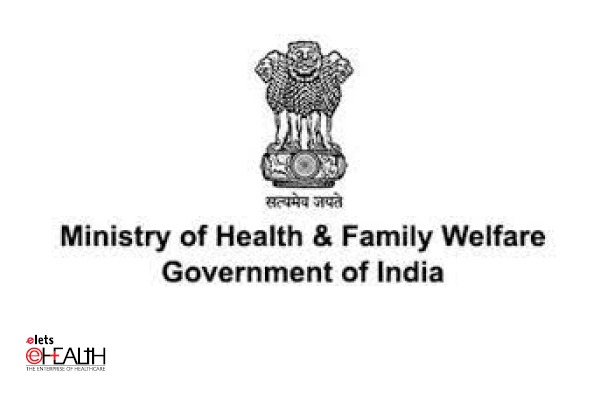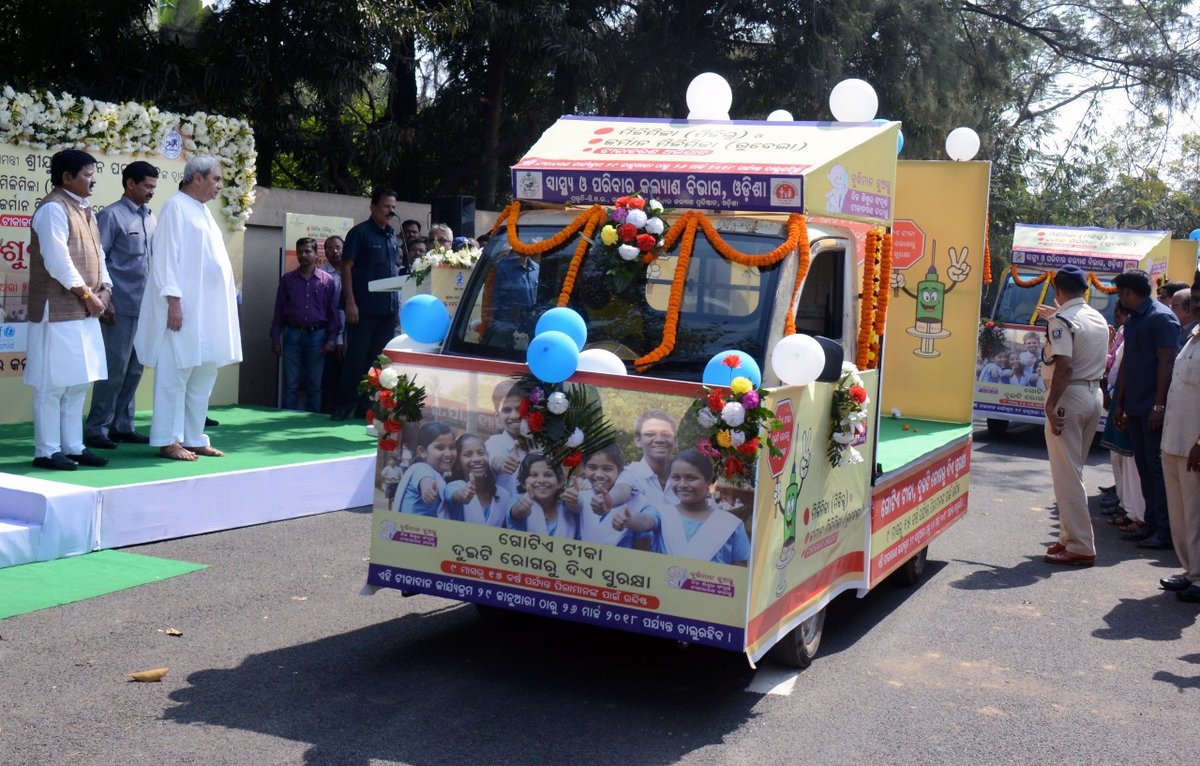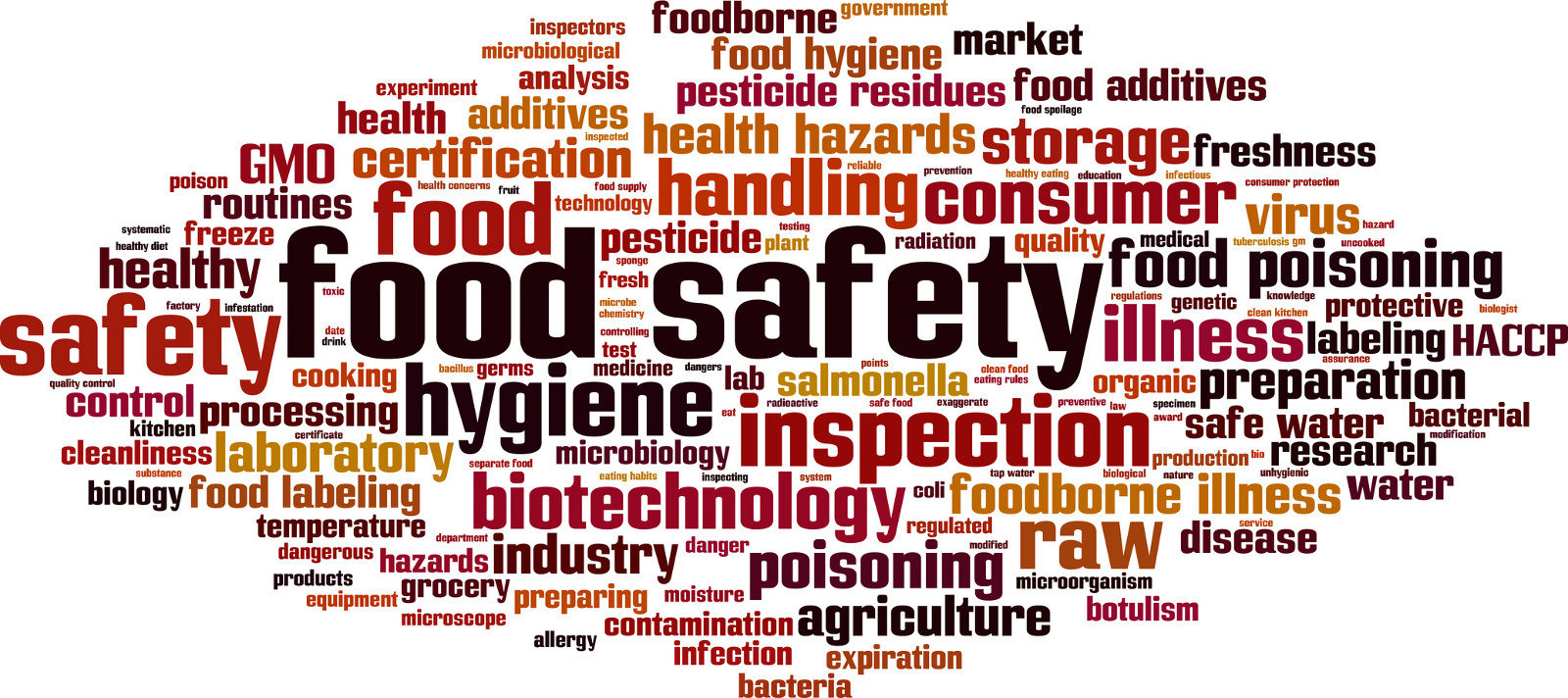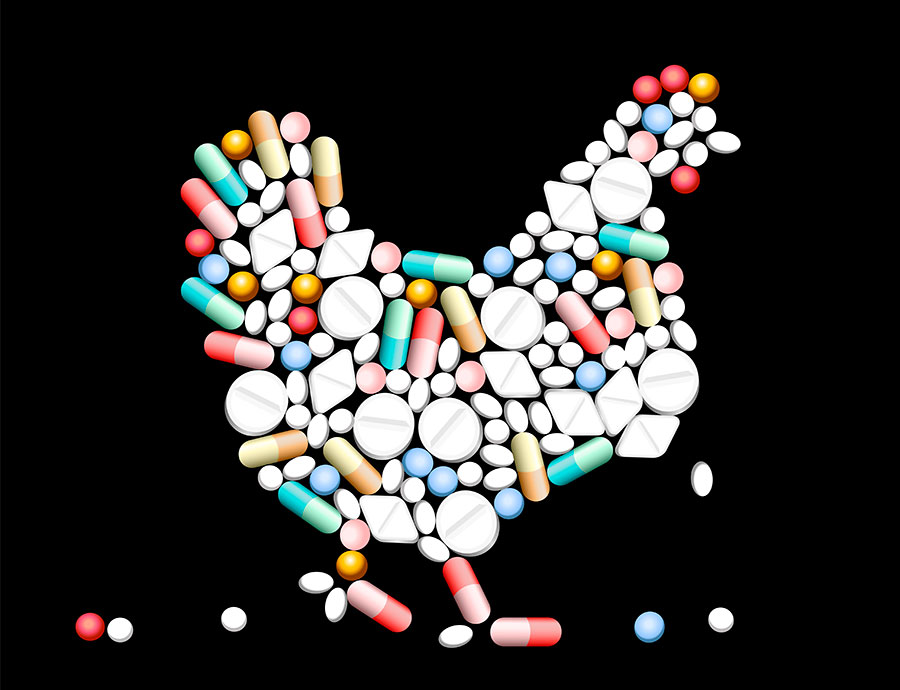
New advice for clinicians on the management of women with thalassaemia in pregnancy, a condition that affects more than 70,000 babies worldwide each year, is published today (28 March) by the Royal College of Obstetricians and Gynaecologists (RCOG) and launched at the annual RCOG World Congress in Hyderabad, India.
Thalassaemia is a common inherited blood disorder caused by an abnormality with how the body produces haemoglobin, which affects the function of red blood cells in the body, leading to a red blood cell deficiency, or anaemia.
While globally there are around 100 million individuals who are carriers, it is most common among communities with Mediterranean and Asian origins. There are an estimated 1,000 individuals affected by thalassaemia in the UK, with the Indian, Pakistani and Bangladeshi communities accounting for 79% of all thalassaemia births.
This first edition Green-top guideline looks at how to best manage pregnant women with beta thalassaemia major, the more severe form of the condition which requires regular blood transfusions each year, and the milder form beta thalassaemia intermedia.
Thalassaemia can be the cause of many health problems due to the increasing overload of iron in the body, including complications for the major organs, bones and hormones, which are associated with possible heart failure, osteoporosis and delayed or incomplete puberty.
These complications are also associated with an increased risk to both mother and baby during pregnancy, with a higher risk of maternal cardiomyopathy and diabetes as well as fetal growth restriction. Most women with thalassaemia will also require ovulation induction therapy to achieve pregnancy.
The new guidelines stress the importance of a multi-disciplinary healthcare team, emphasising that women with thalassaemia should be assessed by a cardiologist or haematologist prior to and throughout their pregnancy to ensure maintenance of haemoglobin and to plan the pregnancy accordingly.
The guideline stresses that iron chelation therapy is complex and should be tailored for treatment of the condition during pregnancy, it is also recommended that blood transfusions should continue on a regular basis for women with beta thalassaemia major. For women with beta thalassaemia intermedia, transfusions should be considered if there are signs of worsening anaemia or fetal growth restriction.
Furthermore, monthly check-ups throughout the pregnancy, and fortnightly in the final trimester, are suggested to all women with thalassaemia. Although there is no specific evidence regarding the timing or mode of delivery, the guidelines recommend continuous fetal monitoring as women with thalassaemia are considered to be at an increased risk of operative delivery.
Philip Owen, Chair of the RCOG Guidelines Committee, said:
These new guidelines aim to provide a comprehensive set of recommendations for the best support and treatment of women with thalassaemia before and throughout pregnancy.
Thalassaemia is a common inherited blood condition, for which partner screening and genetic counselling should be recommended as beneficial to all women who are pregnant or want to start a family.
Pregnancies affected by thalassaemia need to be treated as high-risk and should involve a multi-disciplinary team with obstetric and haematology specialists to manage it properly. Currently, there is no established evidence-based guidance for treating this condition in pregnancy and we hope this new guideline will be a valuable resource for healthcare professionals.
Gabriel Theophanous, President of the UK Thalassaemia Society, said:
The UK Thalassaemia Society is delighted to see the introduction of guidelines for the management of pregnancy in women who have thalassaemia. The guidelines will be a wonderful resource to clinicians throughout the UK and will be of particular value in areas of low prence where there is limited experience in this field.
Parenthood is an important part of life and with modern treatment it is something that many people with thalassaemia can look forward to. Our grateful thanks to the RCOG and all those who have contributed to these guidelines.

Be a part of Elets Collaborative Initiatives. Join Us for Upcoming Events and explore business opportunities. Like us on Facebook , connect with us on LinkedIn and follow us on Twitter , Instagram.











